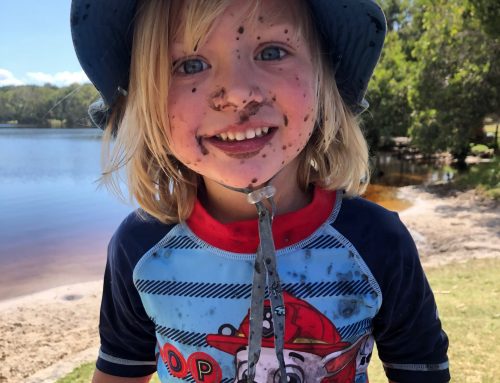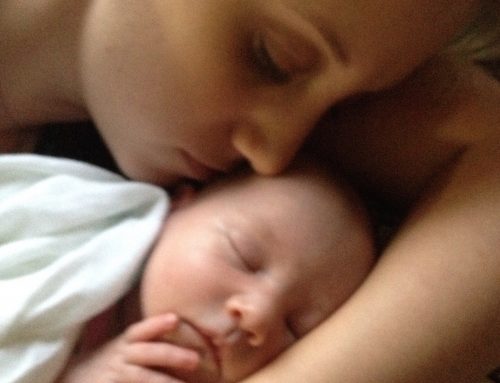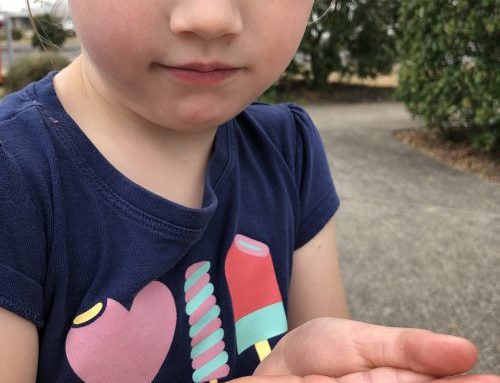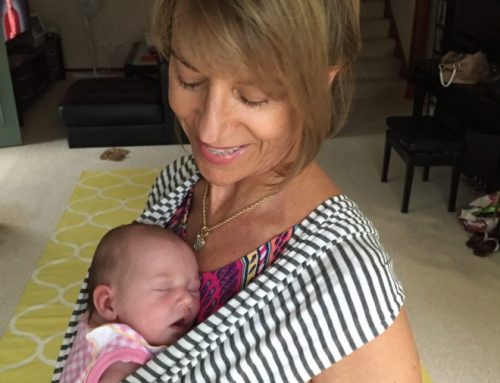This remarkable process actually installs computer-like code into their newly connecting brain and gives them a solid base of security and a inner knowledge of what love is.
It is this that is the very essence of sensitive and appropriate parenting.
Young babies do not have a concept of their identity as separate from their mothers, but their bodies do have a specific and innate rhythm that is unique to them and independent of their mother. By observing this rhythm without interference, we can recognise it and work with it.
Try to avoid having preset ideas about when to feed or when to put her down. Whatever you do, it’s likely to be okay. Such is her adaptability, the baby will usually comply. However using the baby’s own body to determine a program is more likely to develop into a mutually satisfying and successful daily routine.
In the early days many new mothers find merely watching their babies very difficult. They have too many bits of advice coursing through their brains to allow them to just see what works for their baby. Too many “the baby ought to be doing this”, or “we should be doing that” or “he isn’t supposed to be doing the other”. It’s hard to calm oneself and just concentrate on looking, when you’re googling “whinging baby” on your iPad!
Essentially it is a process of noticing the little behaviour characteristics of your baby when she is, for instance, hungry, upset, over-aroused, or distressed. Then deal with those emotions when they arise, using the Top Tools for parents.
- Intuition
- Common Sense
- Trial and Error.
- Confidence from knowing that babies are inherently pretty tough and adaptable.
In the early days often one will get it wrong. That’s part of the process. Good enough is fine, your baby is not expecting perfect parents right from the start. Also remember her memory is very short and you will be rapidly forgiven for botching it totally. Within a short time, when you get it right, you will be rewarded by the happy response of a contented baby. The next time the baby behaves in the similar way, you plug in the right response and are rewarded again. Success breeds success and within a few short weeks you are the global expert on your baby.









Wonderful advice as always! Thank you!
Great article. However, don’t forget the importance of “getting it wrong but putting it right” (Ed Tronik-what constitutes good enough parenting) for building emotional resilience and emotional self-regulation